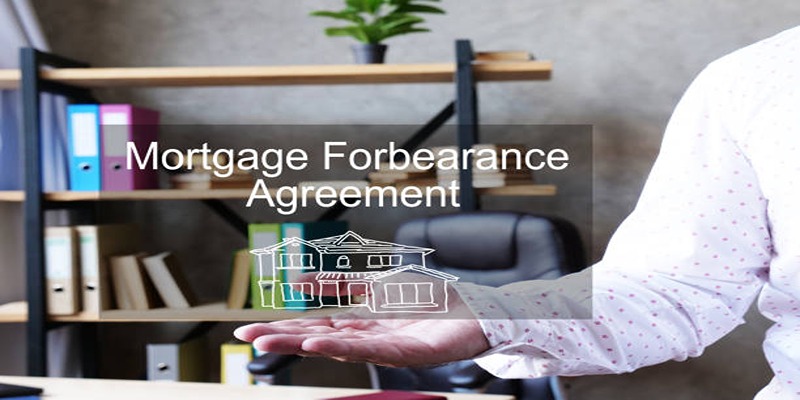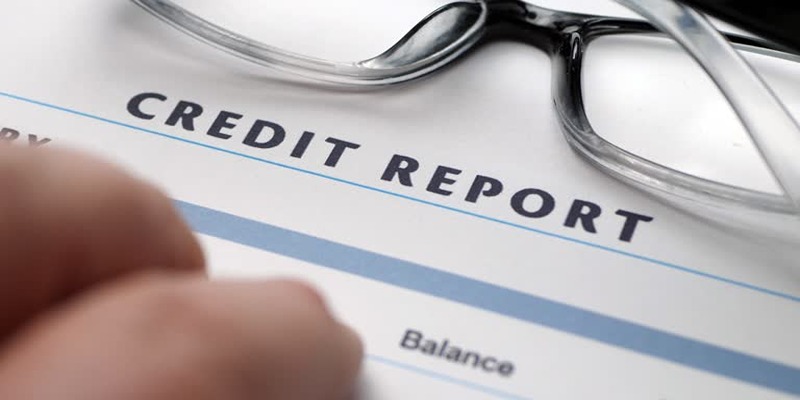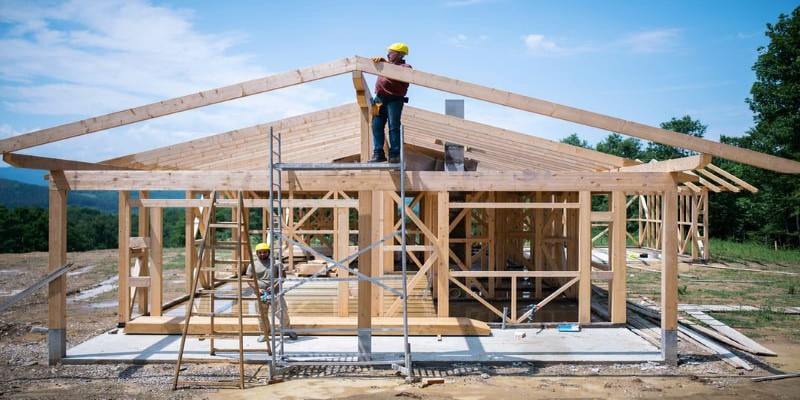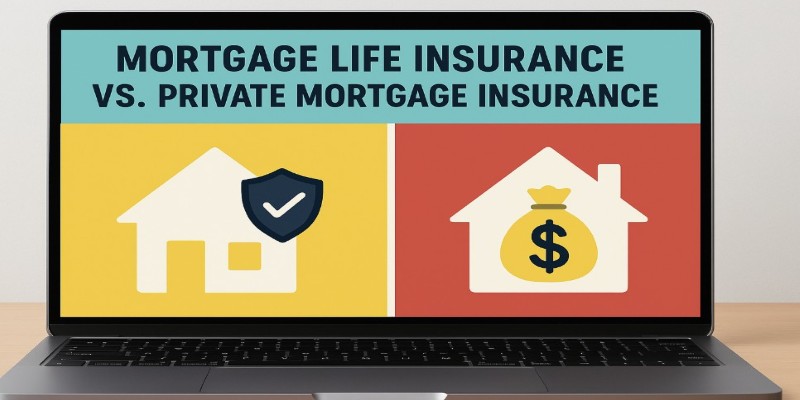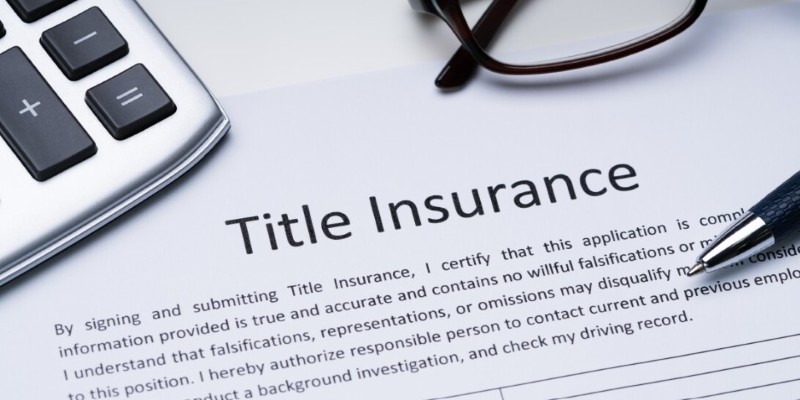Buying a foreclosed property might sound intimidating at first, but it’s not nearly as complex as it’s made out to be. The idea of scooping up a house at a lower price than market value draws a lot of attention, and rightfully so. While the path to owning one is different from a standard purchase, it can offer real value for the right buyer.
Whether you're looking for a place to live or an investment to renovate and flip, foreclosures can be a goldmine—if you know where and how to look. The key is understanding the process, staying patient, and being smart with your decisions.
Understanding the Basics of Foreclosed Properties
A foreclosure happens when a homeowner falls behind on mortgage payments, and the lender repossesses the property. Once the lender takes control, the home is typically put up for sale at a discounted rate to recover the outstanding debt. There are three main phases of foreclosure: pre-foreclosure, auction, and post-foreclosure, often known as REO (Real Estate Owned).
In pre-foreclosure, the current owner still holds the title and might be open to selling in order to avoid a forced sale. Buying at this stage allows for room for negotiation, but it can involve more paperwork and uncertainty. Auctions take place when the property is repossessed and sold to the highest bidder, often without the chance to inspect it beforehand. REO homes are those that weren't sold at auction and are now owned by the lender. These tend to be more straightforward in terms of financing and inspection but are usually priced slightly higher.
Understanding which stage suits your situation helps focus your search and prepare for the type of sale you’ll be navigating.
Steps to Buy a Foreclosed Property
To begin, it’s crucial to have your financing in place. Get pre-approved for a mortgage, or if you're paying cash, prepare proof of funds. These documents will speed up the process and give sellers confidence in your offer. Next, work with a real estate agent experienced in foreclosures. They can help identify legitimate listings and guide you through the paperwork unique to these deals.
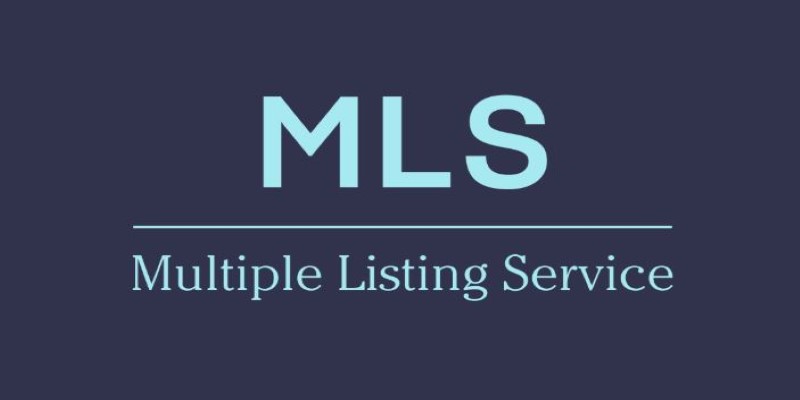
Your property search can include bank websites, government platforms, and the Multiple Listing Service (MLS). Be thorough when researching potential buys. Look into property history, tax records, liens, and neighborhood trends. These clues can give insight into what kind of work the property may need and whether the price is fair.
Once you’ve found a promising property, your agent will help submit an offer. With REO properties, the process often mirrors a traditional purchase, though banks may require additional disclosures. Auction properties are a different game. You'll usually need to register, place a deposit, and be ready to close quickly if your bid wins. These sales are typically final, with no contingencies for financing or inspection.
An inspection is essential—especially for bank-owned or long-vacant homes. Some may have been left empty for months, leading to wear, damage, or neglect. Even if you're buying as-is, understanding the home's condition lets you budget accurately. When repairs are substantial, you may need a renovation loan, such as an FHA 203(k), which covers both purchase and repair costs under one mortgage.
Challenges to Watch Out For
Buying a foreclosed home isn’t without risks. One of the most significant is the condition of the property. Foreclosures are often sold “as-is,” and many have been neglected or even damaged. Structural issues, broken appliances, mold, pests, and outdated systems are all possibilities. Without regular maintenance, these properties can rack up significant repair costs. Always account for these before making an offer.
Title complications can also arise. Some properties carry unpaid taxes, utility bills, or even secondary liens. A proper title search is a must before closing. Title insurance adds another layer of protection, guarding you against financial loss from undiscovered claims.
Financing is another area where challenges often appear. Some lenders are cautious about funding homes that require extensive repairs, especially if the property doesn’t meet basic livability standards. While renovation loans exist, they require more documentation, inspections, and time to process. This can slow the deal, especially if you're competing with cash buyers.
Lastly, institutional sellers, such as banks or government entities, move at a different pace than traditional sellers. Communication is often delayed, and decisions take longer. It's not personal—it’s just the nature of working with large organizations. Expect a slower back-and-forth and longer timelines from offer to closing.
Is Buying a Foreclosed Property Worth It?
For the right buyer, buying a foreclosed home can be a smart financial move. The most obvious appeal is cost. These homes often list below market value, presenting an opportunity to build equity quickly—especially if you're prepared to handle the renovation process. Many investors use foreclosures as a way to flip properties or create rental income, but regular homebuyers can also benefit from the lower entry point.
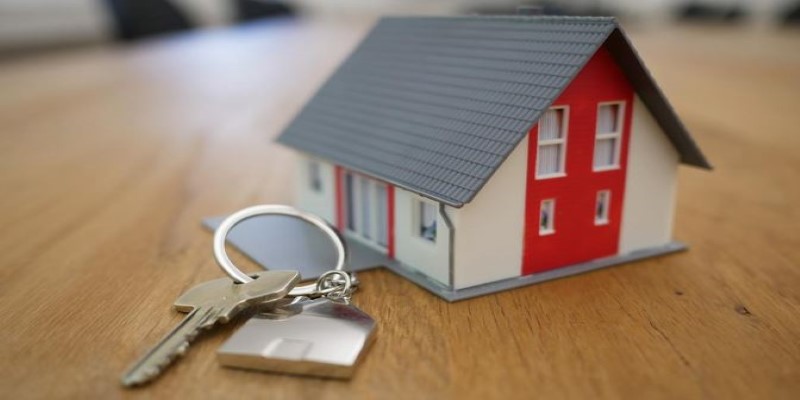
Still, it’s not about just finding a “cheap” home. The total cost of ownership matters. If repairs, legal hurdles, or loan delays pile up, that low sticker price can quickly lose its shine. That’s why having a clear plan and financial cushion is critical. You’re not just buying a property—you’re taking on a project.
Success in the foreclosure market isn't about getting lucky. It's about being prepared. Buyers who understand the process, work with professionals and know what they're getting into are far more likely to come out ahead. It requires effort and patience, but for those willing to put in the time, it can deliver significant value.
Conclusion
Buying a foreclosed property isn’t for everyone, but for those who take the time to understand the process, it can be both rewarding and profitable. From identifying the right kind of foreclosure to knowing the financial and legal steps involved, each stage offers chances to save money—but also opportunities to stumble if you're not cautious. With realistic expectations, a solid team, and a willingness to dig a little deeper, you can find a property that fits your needs and your budget. It’s not a fast process, and it’s rarely simple, but for the right person, it’s a smart and practical path to homeownership or investment.



